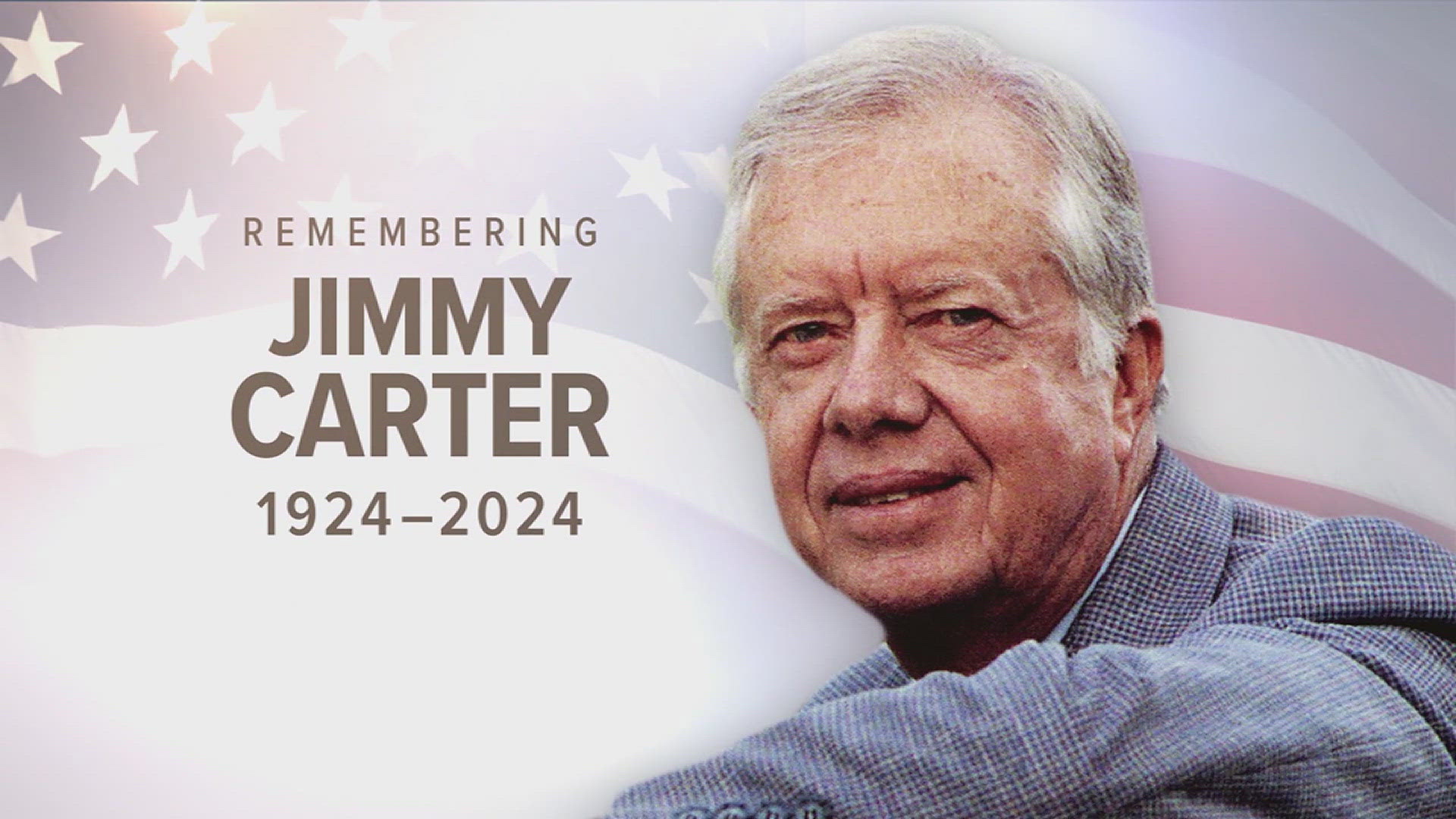Kenneth Eng has been crucified for writing in Asian Week that blacks are weak-willed, Asian hating, and were complacent in subjection to slavery. But was he totally wrong? Did he have the right to say his hurtful words? Did Asian Week have the right to publish them? And was the passion and anger that Eng whipped up warranted when measured against the big-ticket problems that hammer blacks daily? A few days after Eng’s inflammatory column sent Asian Week publishers back-peddling fast to utter mea culpas, drew denunciations from politicians and media activists, got his sci-fi book pulled from Amazon.com, and got him banned to writer’s Siberia, a cross-section of black activists, politicians, and writers at a roundtable in Los Angeles weighed in on Eng, Asian Week and relations with Asian-Americans. They answered the above questions far differently and surprisingly than those outraged at Eng’s column and him have. The views ranged from, it was much ado about nothing, to a near defense of him. The reasons for their relatively muted, even benign response, aren’t hard to find. The week before the Eng furor broke the Los Angeles City Council debated a resolution that would have put the city on record backing a Congressional bill to establish a reparations study committee. It passed, and a big argument that swayed the council was the current plight of blacks.They continue to have the highest rates of poverty, infant mortality, violence victimization rates, and health care disparities than any other group in America. They are still more likely to live in segregated neighborhoods, be refused business and home loans, their children attend failed public schools than any other group, and are more likely to be racially profiled on America’s urban streets. These were the issues that the roundtable participants repeatedly said were the things blacks should get enraged about, and take action on. Those problems would exist and demand outrage and action even if Eng had never written a word. The racial lethargy on major social problems engenders deep frustration among many blacks. And those at the roundtable reflected that frustration.
A couple of the participants called for a boycott of Asian owned businesses in protest. That was rejected. What good would that do? Not only would it unfairly cast a wide net over all Asians for the sins of one man, but it lets blacks off the hook for their failure to boost their businesses. The failure or refusal of many blacks, especially black businesspersons, professionals, athletes and entertainers that have the wealth, income and financial assets to do more to bolster business and economic development in poor, urban black neighborhoods has long been a source of anger and disgust. Eng is not to blame for that. And the participants made that clear.
Blacks also have watched and listened with mounting fury as a legion of foul mouthed rappers, comedians, and entertainers continue to use and defend the N word, as well as propagate and glory in the most vile and repulsive stereotypes about black men and women in films and in TV sitcoms. They are and rightly should be appalled that there is relatively little outcry from other blacks about them. Even worse, judging from the success of the silly, and degrading Eddie Murphy film Norbrit, they still will pack the theaters to see them. But when a white politician, celebrity, or known public figure slips, deliberately uses the N word, makes a racial gaffe, or when a white gay comedian Shirley Q, Liquor slurs black women in his act, or Eng bashes them in his column, blacks stampede to the barricades to denounce them.
Then there’s the issue of a writers right to say what they please, even it’s idiotic and insulting. More than one participant flatly said that Eng had that right to write his column, and that blacks should defend it. This was not just a rote ACLU protect hate speech no matter what line, though a compelling argument can always be made for that. It’s a practical concern.
The worst thing that could happen is to censor even the most odious racial slanders that would make it impossible for them to be publicly challenged, and blow a chance to educate the public on the colossal harm that they do. Eng’s column is the best example of that. If the editors at Asian Week had pulled it, the public would not have known how widespread the myths, misconceptions, and negative stereotypes about African-Americans are among some Asian Americans and Asian immigrants. That forced, blacks, Asians, and many others to make the painful admission that the prejudices exist and then confront them. Eng and Asian Week in effect did a valuable service by printing his views.
There were many things that the roundtable participants said that they hated about the problems that blacks face, and what blacks often fail do about them. Eng’s column was not one of the problems that bothered them. They were right.
By Earl Ofari Hutchinson
Â
Â









Leave a Reply